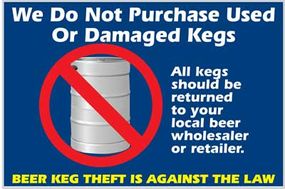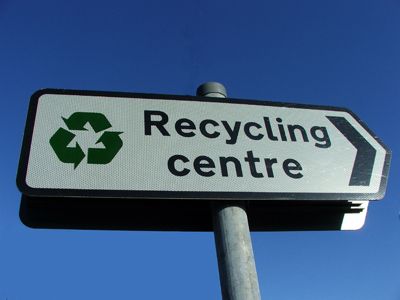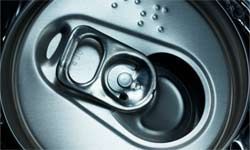What do beer kegs, boat propellers, utility wires and a 200-ton metal bridge have in common? They all have been stolen by a brand of thieves called criminal recyclers. No, they're not recyclers who neglect to flatten their cardboard boxes or to separate their glass from their plastic. They belong to a growing group of lawbreakers who steal recyclable items (primarily metals) that they exchange for cash at a recycling facility.
Criminal recycling is not new -- reports of thieves selling suspicious scrap metals go back many years. What is new are the increasing prices for copper, aluminum and other metals, which have caused the practice to skyrocket. The U.S. Department of Energy estimates that metal theft costs U.S. businesses around $1 billion a year [source: Smith].
Advertisement
The damage isn't just monetary. Many of the items thieves lift are necessary for countries to function. For example, taking copper from Amtrak train engines disrupts service and poses a threat to passengers, while stealing utility wires causes massive power outages that prevent people from being able to use 911 emergency services.
These recycling thieves are creative, too -- or desperate. The criminals, many of whom are thought to be drug addicts, take everything from brass vases off cemetery graves to steel baking racks from bakeries. Even stadium bleachers and highway guardrails are not safe. If it's made of metal, it's fair game.
Criminal recycling has received much publicity in recent years as thefts rise and thieves grow bolder. On the next few pages, you'll learn more about this curious phenomenon -- from what factors led to its rapid growth to how people are trying to prevent it. You'll also get a surprising look at some of the more interesting tales of recycling gone bad.
Advertisement







